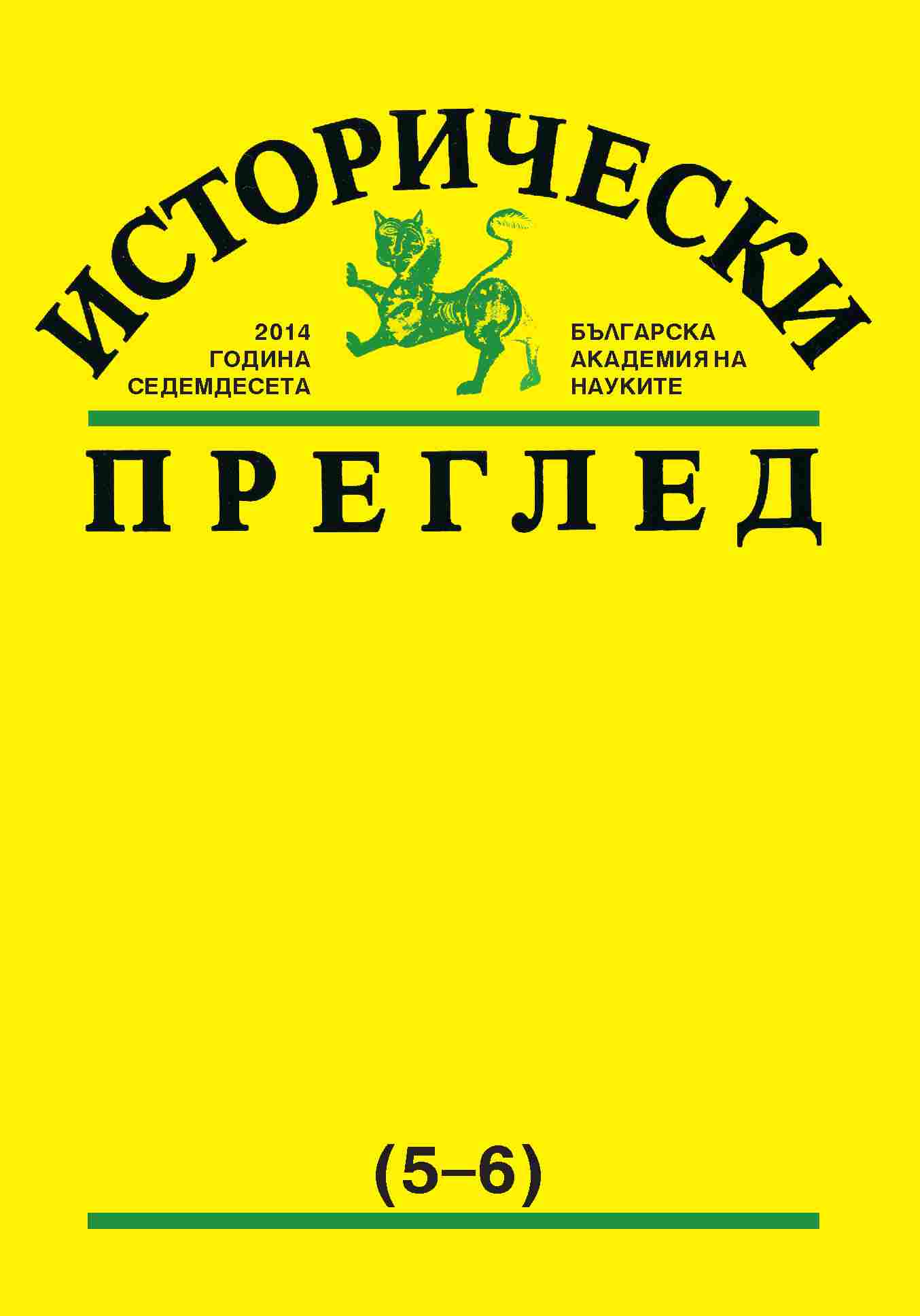Англиканската църква, Източното православие и България (XIX – средата на ХХ в.). Част първа
Anglican Church, Eastern Orthodoxy and Bulgaria (19th – mid 20th Century)
Author(s): Zhivko LefterovSubject(s): History of Church(es), Diplomatic history, Political history, 19th Century, Pre-WW I & WW I (1900 -1919), Interwar Period (1920 - 1939), WW II and following years (1940 - 1949), History of Communism, Cold-War History, Eastern Orthodoxy, Other Christian Denominations
Published by: Институт за исторически изследвания - Българска академия на науките
Keywords: Anglican Church; Eastern Orthodoxy; Bulgaria; political use;
Summary/Abstract: The first contacts of the Anglican Church with Eastern Orthodoxy date from the early 17th century and they initiated a process of rapprochement, which is well known in the international historiography. Over the centuries, to this day it has a different intensity depending on the degree of theological negotiations and the political situation. This study traces the impact of this process among the Bulgarian Orthodox community and among Bulgarian society, how perceptions of the Anglican church were formed among Bulgarians and furthermore whether the topic went out of theological dialogue and was publicly known and discussed, and hence politically exploited. The author tracks the attitudes and positions of the representatives of the Anglican Church to the main events related to Bulgaria, and the Bulgarian Orthodox Church in the 19th and early 20th century. He reveals how individual public representatives tried to see farther than purely theological dialogue and sporadically, albeit unsuccessfully, to use thefavor of the Anglican Church to Eastern Orthodoxy in the context of the national tasks that had to be resolved. During the Second World War and the Cold War Anglican-Orthodox rapprochement became part of big politics and was influenced by Stalin‘s religious policy. Although Stalin initially relied on the Anglican Church to expand Orthodox influence in international organizations, subsequently he started considering it to be a competitor and opponent. As a consequence the dialogue was restored after the death of Stalin, but in the countries from the socialist camp and particularly Bulgaria the Orthodox Churches followed the Communist Party religious policy of „opening“ which aimed to use the churches in the big propaganda war between East and West showing that there was religious freedom behind the Iron curtain.
Journal: Исторически преглед
- Issue Year: 2014
- Issue No: 5-6
- Page Range: 119-146
- Page Count: 28
- Language: Bulgarian
- Content File-PDF

